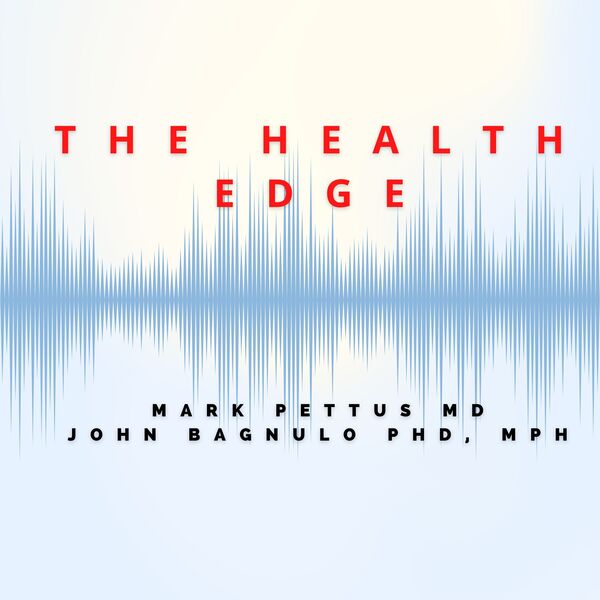Over the past 19 years, John Bagnulo has served as a nutritionist in a variety of health-related environments. He has worked as a Registered Dietitian in health and wellness clinics, in hospitals, and at well known spas and retreat centers. John has also taught full time as an assistant professor at the University of Maine at Farmington, at the Kripalu Center for Yoga and Health, and within several communities that he and his family have called home. His graduate work was conducted at the University of North Carolina, where he earned a Masters in Public Health, and at the University of Maine, where he earned a PhD in Nutrition and Food Science.
In addition to teaching nutrition through a variety of different organizations, including the Center for Mind Body Medicine’s Food As Medicine programs, John leads programs centered around the concept of disease prevention and reversal through lifestyle change. He also conducts private practice work at his office in Belfast Maine. His primary tools in changing the health of individuals are their daily food and exercise patterns. With this approach, John has found his work to be immensely rewarding. “To see an individual or a group of people awaken physiologically, mentally, and to really start thriving, is one of life’s greatest gifts. Better immune function, greater mental health, improved insulin sensitivity, the list goes on and on. All through making basic changes with what they eat and how much they move on a daily basis.”
When John is not working as a nutritionist or educator, he is spending time with his wife and three small boys, either hiking, gardening, or just spending time outdoors in nature, which has always been his favorite classroom. John has spent a considerable portion of his life either in the mountains or on big mountains. He has climbed all over the World and summited Mt Everest in May of 2006 as part of a small, two man climbing team.
PowerPoint Presentation from John




31 thoughts on “John Bagnulo PhD, MPH”